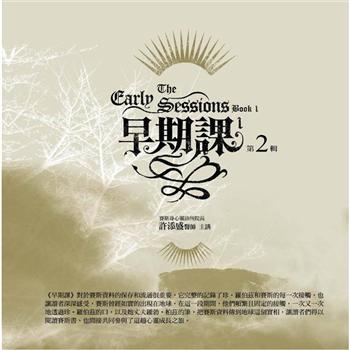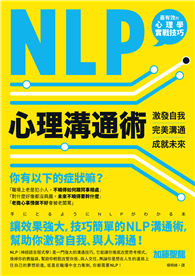Following the approach developed by Alexis de Tocqueville, this volume views democracy as a cultural phenomenon. It starts from the assumption that if we are to adequately address concerns about the current state and future of modern Western democracies, we need first to tackle the cultural preconditions necessary for the functioning of a democracy.
Since Tocqueville’s time, the book takes the most crucial change in the West to be ’double secularization’. Here, this concerns, first, the diminished influence of organized Christianity. Even though secularity was partly a product of Christianity, secularization is highly significant in terms of the cultural underpinnings of Western democracy. Second, it involves a decreased interest in and knowledge of classical philosophy. Chapters on secularity, family life, civic life, and public spirit focus on central elements of the changed cultural foundation of democracy exploring issues such as identity politics, the public space, and the role of human rights and natural law in a pluralistic and resilient democracy. The volume concludes with a closer look at the implications of current presentism, that is, the view that only the present counts for the legitimacy and effectiveness of democratic systems. Finally, it asks if double secularization can also offer fresh opportunities for promoting the conditions of a viable democracy.
The book will be of interest to academics and researchers working in the areas of Law and Religion, Constitutional Law, Political Science, History and Philosophy.












